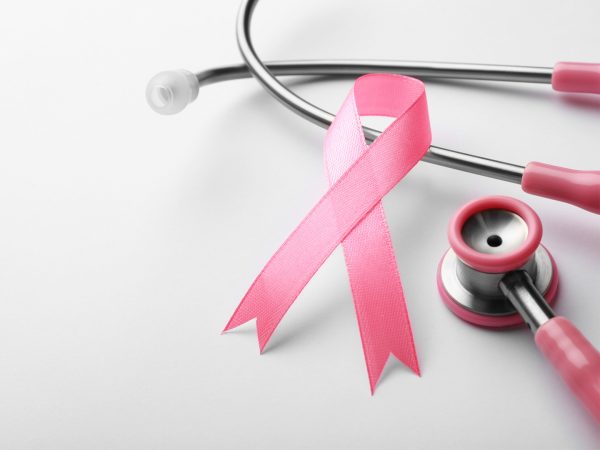Breast Cancer Rates On The Rise?
I have heard that breast cancer rates are increasing worldwide, particularly among premenopausal women. What might be responsible?
Andrew Weil, M.D. | September 17, 2020

New research from Canada has found that breast cancer rates among premenopausal women are increasing in higher-income countries while cases of postmenopausal breast cancer are rising in lower-income countries. The study evaluated data on women from 41 countries worldwide.
Lead investigator, Miranda Fidler-Benaoudia, Ph.D., of Canada’s Cumming School of Medicine, said the researchers believe their study is the first to investigate global rates and trends of pre- and postmenopausal breast cancer. It found increased incidence of breast cancer in women of all ages as well as significant increases in premenopausal breast cancer in 20 of the 44 populations studied, each representing a country or an ethnic group.
While breast cancer is believed to be a disease of the developed world, according to the World Health Organization, nearly 50 percent of all cases and 58 percent of deaths occur in less-developed countries.
The Canadian study found that postmenopausal breast cancer is increasing significantly in 24 of the 44 populations studied, most notably in those countries transitioning from lower to higher income status. Dr. Fidler-Benaoudia said this change could stem from the adoption of a more Western lifestyle, along with such unhealthy behaviors as lower levels of physical activity and increased consumption of alcohol. She suggested that adopting early screening procedures such as those common in higher-income countries could help identify more breast cancer cases worldwide early on.
The study found that of the women diagnosed with premenopausal breast cancer in less developed countries about 47 percent will die compared to only 11 percent of those affected in the most developed countries. The fatality rate for postmenopausal breast cancer was 56 percent in less developed countries compared to 21 percent in more developed ones.
Dr. Fidler-Benaoudia noted that while risks for postmenopausal breast cancer, including obesity and having children later in life, have been well studied, risk factors for developing the disease when you’re young are not as well known. She added, however, that reducing obesity and decreasing consumption of alcohol as well as increasing physical activity and breast feeding can help lessen risk at any age.
You should be aware of research showing that women who walked seven hours a week – about an hour a day – had a 14 percent reduced risk of the disease compared with women who walked three hours a week or less. This was true even among women at higher risk, including those who were overweight or on hormone replacement therapy. It isn’t known how walking helps, but some experts have suggested that physical activity might moderate body levels of estrogen and insulin, both of which can fuel breast cancer.
Andrew Weil, M.D.
Source:
Miranda M. Fidler-Benaoudia et al, “Global burden and trends in premenopausal and postmenopausal breast cancer: a population-based study.” The Lancet Global Health, August 2020, DOI: 10.1016/S2214-109X(20)30215-1












